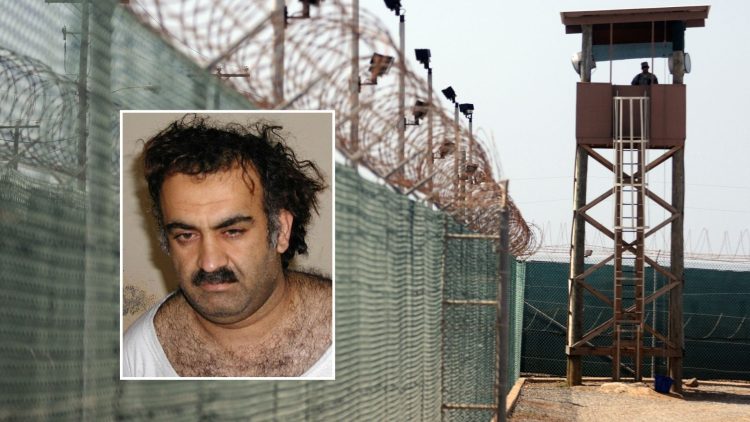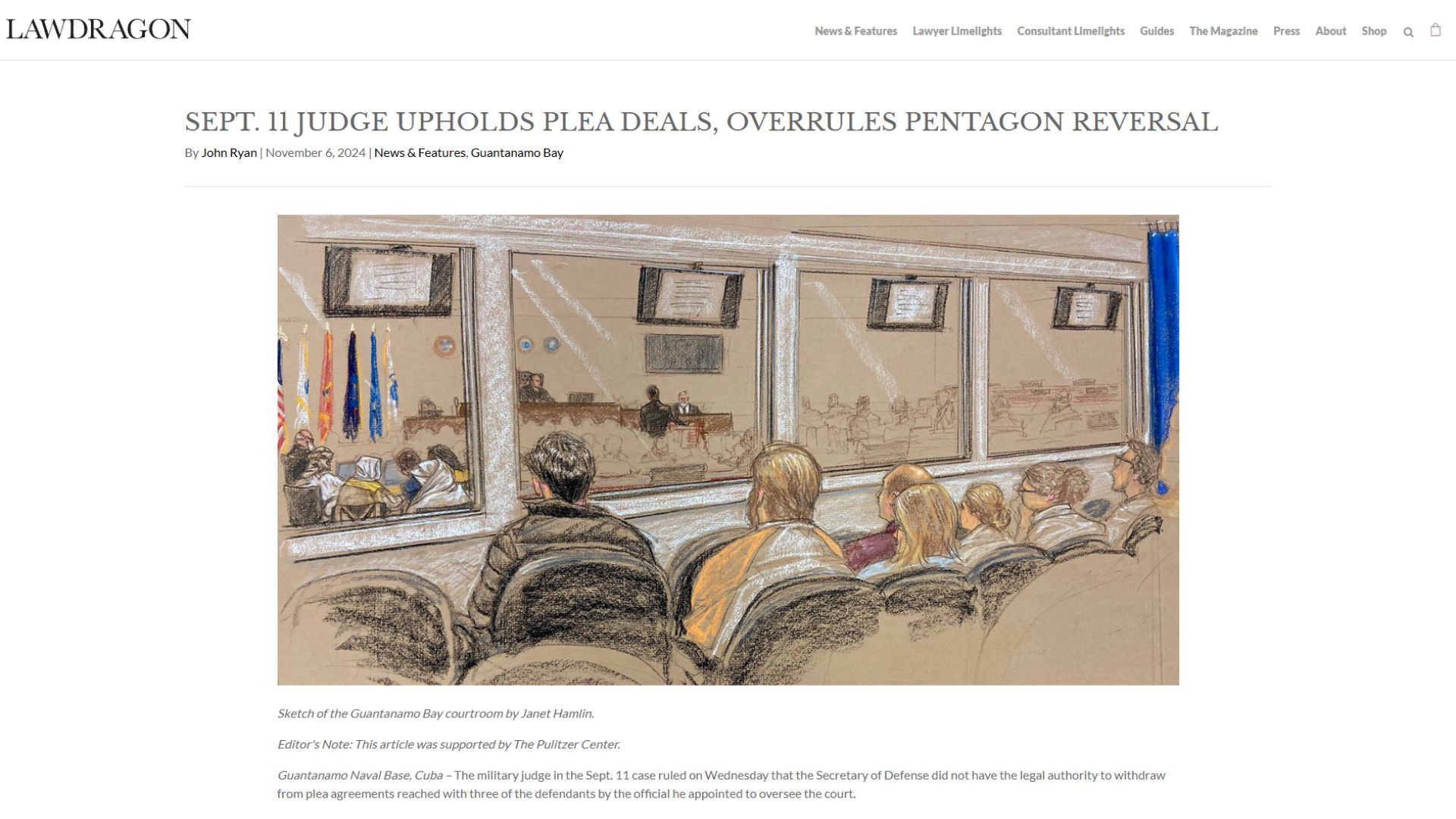And that, McCall noted, goes against the very independence these trials are supposed to uphold.
The Human Cost and Legal Quagmire
This isn’t just a case of legal technicalities and power struggles. For many families of 9/11 victims, the thought of plea deals feels like a betrayal.
They’ve waited over 20 years for justice, and some believe that anything less than a full trial and potential death sentence undermines the gravity of the crime. Yet, as much as the emotional weight of this case looms large, the legal hurdles have proven just as daunting.
One of the biggest challenges? Torture.
Mohammed and his co-defendants spent years in Central Intelligence Agency (CIA) custody, subjected to brutal interrogation techniques that have since been classified as torture. This has made much of the evidence gathered during those interrogations legally questionable.
To try and sidestep this issue, the government used “clean teams” of Federal Bureau of Investigation (FBI) agents to re-interrogate the men without using coercion.
But even those statements are now under scrutiny, raising the question: can justice be served when the foundation of the case is so deeply flawed?
McCall’s ruling underscores just how complicated this case has become. Even if the plea deals move forward, it’s unlikely the legal battles will end there. Appeals over everything from CIA torture to the destruction of interrogation videos are almost certain to drag the case out for years, potentially all the way to the US Court of Appeals for the District of Columbia Circuit.
A Step Toward Resolution?
So, where does this leave us?
On one hand, McCall’s decision could finally push the case toward some form of closure. Plea deals might not satisfy everyone, but they could bring an end to the legal limbo that has defined this prosecution for so long.
On the other hand, the ruling raises broader questions about how much power top government officials should have in military trials and whether the system can truly deliver justice in such a high-stakes case.
The Pentagon is reviewing McCall’s ruling, and there’s still a chance that government prosecutors could try to challenge it.
For now, though, it feels like a pivotal moment. After years of delays, legal back-and-forth, and political wrangling, the 9/11 trial might finally be inching toward its conclusion.
But if this case has taught us anything, it’s that nothing is ever straightforward when it comes to justice for the September 11 attacks.
As McCall’s ruling proves, even the path toward resolution is fraught with complexity, power struggles, and tough questions about the very nature of justice in the post-9/11 world.
The ruling was first reported by Lawdragon, a legal news site with extensive coverage of Guantanamo courtroom proceedings, and The New York Times.











COMMENTS